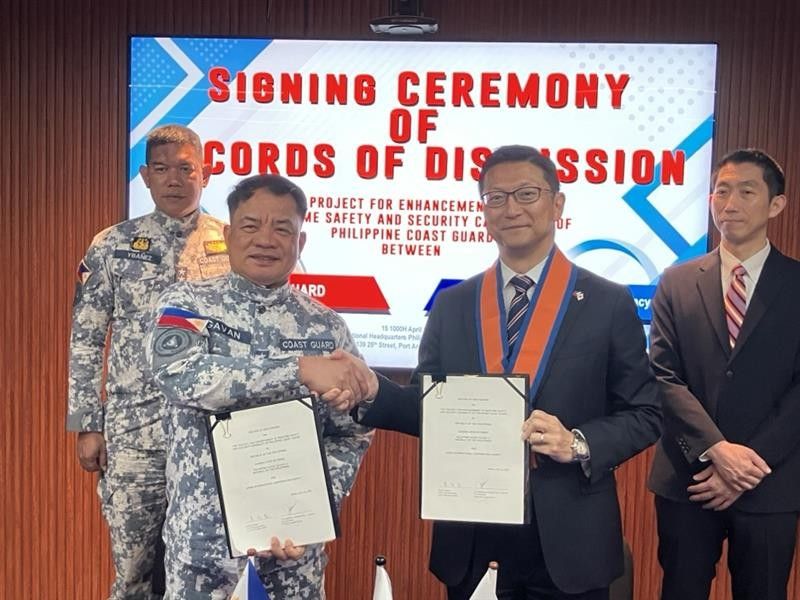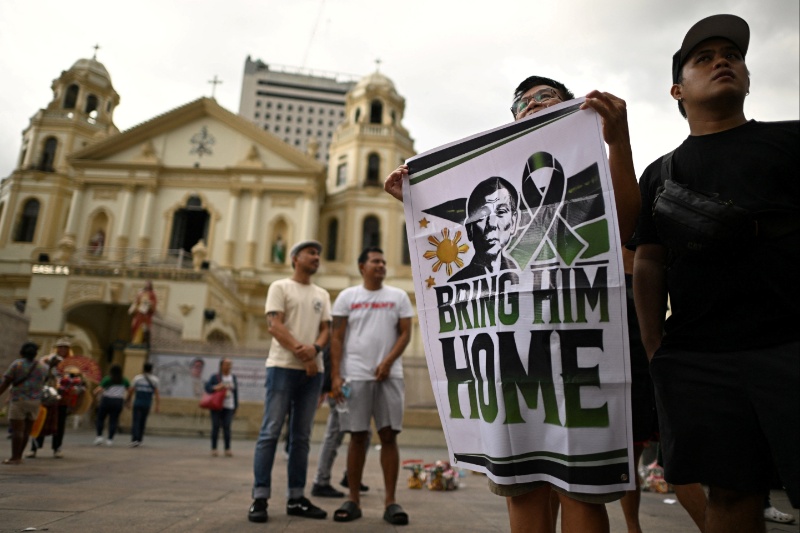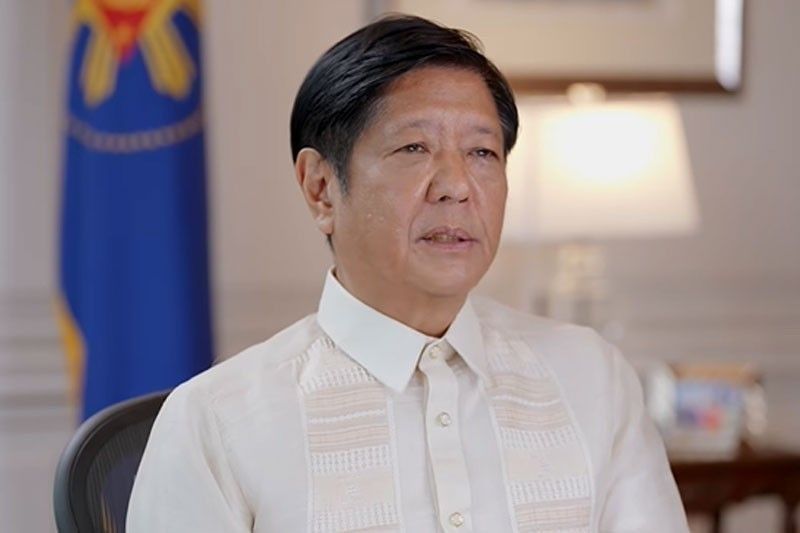
Upgrade to High-Speed Internet for only ₱1499/month!
Enjoy up to 100 Mbps fiber broadband, perfect for browsing, streaming, and gaming.
Visit Suniway.ph to learn
Cristina Chi - Philstar.com
April 10, 2025 | 2:27pm
In this May 9, 2022 file photo, elderly people sit before voting at a polling station during the presidential election at an elementary school in Manila.
AFP / Chaideer Mahyuddin
MANILA, Philippines — A Philippine-backed resolution that will initiate the drafting of the world's first binding treaty on elderly rights passed unanimously at the United Nations Human Rights Council last week.
The measure, adopted by consensus at the council's 58th session in Geneva on April 3, was led by the Philippines along with a core group of countries — Argentina, Brazil, the Gambia and Slovenia — which worked together to draft and promote the resolution.
The unanimous adoption of the treaty marks the beginning of a historic intergovernmental process to craft a legally binding international instrument that would promote the full enjoyment of human rights by older persons across the globe.
Through the resolution, the UN Human Rights Council decides "to establish an open-ended intergovernmental working group with the mandate of elaborating and submitting [to the council] a draft international legally binding instrument on the human rights of older persons with the objective of promoting, protecting and ensuring the full enjoyment of human rights by older persons."
This development comes after the UN's Open-ended Working Group on Ageing found that existing human rights frameworks do not adequately address age-specific discrimination and vulnerabilities faced by elderly populations.
"This is multilateralism in action, working for human rights, and for a future without age discrimination," Foreign Affairs Secretary Enrique Manalo said in a statement.
The adopted resolution requires the working group to ensure meaningful participation from older persons and their representative organizations throughout the treaty development process. The UN High Commissioner for Human Rights will also provide technical support to facilitate the working group's activities.
It also invites states, relevant UN organizations and other groups to "to contribute actively and constructively" to the creation of the treaty.
The working group must submit a report on its progress to the UN Human Rights Council at its 63rd session.
The Philippine context
Domestically, the Philippines has implemented its own protections through the Expanded Senior Citizens Act and Anti-Age Discrimination Act of 2016.
The Philippines also previously initiated and pushed for the UN Human Rights Council resolution promoting the rights of seafarers.
In 2018, a study by state think Philippine Institute for Development Studies warned that the Philippines was on track to become an “ageing society” within the next two decades.
Drawing from 2017 United Nations data, the study projected that by 2032, Filipinos aged 65 and older would make up at least 7% of the national population — the threshold for an ageing society.
By 2069, the Philippines is expected to transition into an “aged society,” where at least 14% of the population would be 65 or older, according to the same projections.
Senior citizens in the Philippines are entitled to a 20% discount on goods, including medicines, but reports in recent years have flagged instances where senior citizens were denied the benefit for not presenting a booklet.
The Department of Health announced last year it would scrap the booklet requirement for senior citizens to more easily avail of the discount.

 1 week ago
9
1 week ago
9



